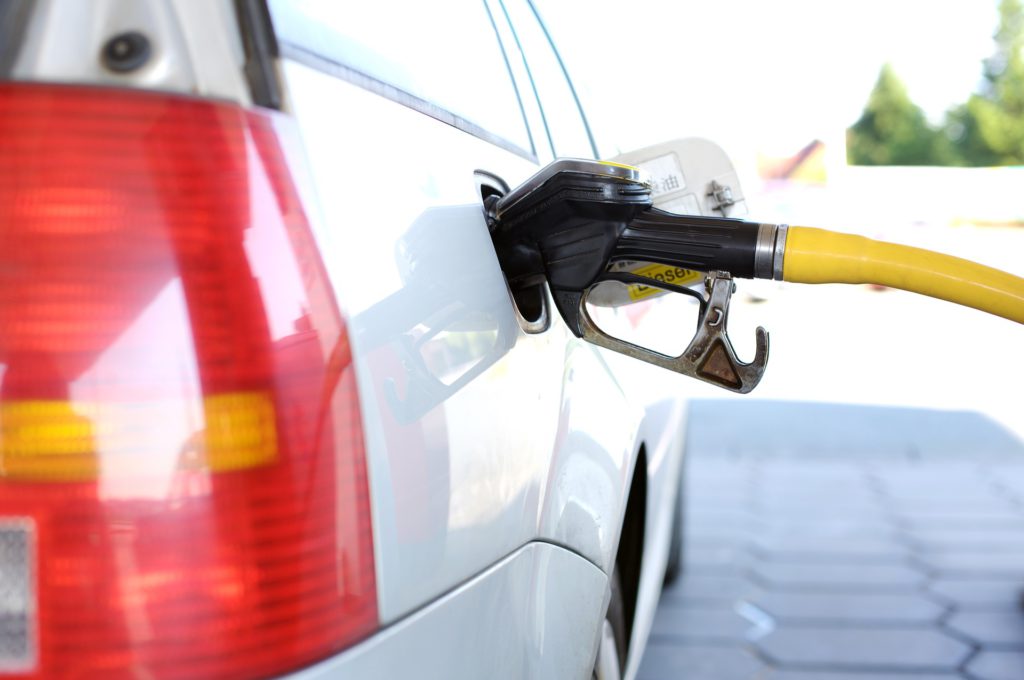UK diesel scrappage scheme set to be announced
18 April 2017

18 April 2017
The UK government is preparing a diesel scrappage scheme that could offer drivers up to £2000 (€2371) as an incentive to buy a new car. The scheme, which is expected to be announced this week, is set to be part of a government strategy to improve air quality to undergo consideration by UK ministers.
Under the plan, half of the payments could come from the government, with the other half coming from car manufacturers. The details of the scheme are under discussion, including payments of between £1000 (€1186) and £2000 (€2371) per scrapped car exchanged for a new one.
The scheme will not be universal, and will be targeted to maximise effectiveness and to control the cost of the scheme. Options under deliberation over who the scheme will apply to include owners living in the worst air pollution hotspots and those on low incomes least able to upgrade their highly polluting car. The scheme could target as many as half of the most polluting diesel vehicles in these air pollution hotspots.
Of the 11.2 million UK diesel car parc, 17% are more than 12 years old. The SMMT, which is working hard to ensure the recognition of the huge pollution improvements in the newest diesels, says the latest Euro-6 diesels are ′light years away from their older counterparts.‘ Therefore, a scrappage scheme that focuses on some of the 17% of oldest diesels could make an enormous difference and maximise the benefit of the money spent on the scheme.
A UK parliamentary debate on Wednesday will be used to raise the proposal by the chair of the UK’s House of Commons environment committee, Neil Parish, who is in support of the scrappage plan.
He is expected to say that £500 million (€593 million) of government funding could take almost 10% of the UK’s five million worst-polluting diesels off the road.
Under pressure from failing to meet EU air quality laws, which the UK remains subject to until at least March 2019, and following a judicial review that found current UK government proposals ′woefully inadequate’, the government last year was told it needed to strengthen its plans.
Other plans could include additional taxes on the dirtiest vehicles; however, UK Prime Minister Theresa May has said previously that she does not want to punish drivers who around the turn of the century were encouraged to buy diesel vehicles with tax incentives in order to combat climate change, with diesel vehicles emitting on average 20% lower CO2 levels compared to their diesel equivalents, according to the SMMT.
In 2009/10, a previous UK scrappage scheme to trade in aging cars offered drivers cash payments of £1000 (€1186), which was topped up by matching payments from the car industry. This scheme took almost 400,000 of the highest polluting vehicles off the UK’s roads.
The UK has the second-highest number of premature deaths linked to NOx emissions in Europe after Italy, corresponding to 12,000 premature deaths according to the UK government’s Environment Agency.
The news comes as enormous political turmoil has just been unleashed across the UK with the government unexpectedly announcing a new UK-wide general election to be held in less than two months on 8 June. The current Conservative government has a small majority, making the fringes of the party on the ′backbench’ extremely powerful, and making it difficult to pursue more controversial changes.
Theresa May has said the decision – a major U-turn on previous statements – was in response to opposition to her Brexit plan. This is likely to be within her own party due to a currently very weak opposition. While elections are unpredictable, the Conservatives are expected to massively increase their majority in the election, with a recent Guardian poll putting Theresa May’s party 18 points ahead of second-placed Labour. This would give her a gigantic majority, greatly weakening the power of her backbenchers, and also giving her a strong electoral mandate post the vote to leave the European Union, helping her to push through her Brexit plan.